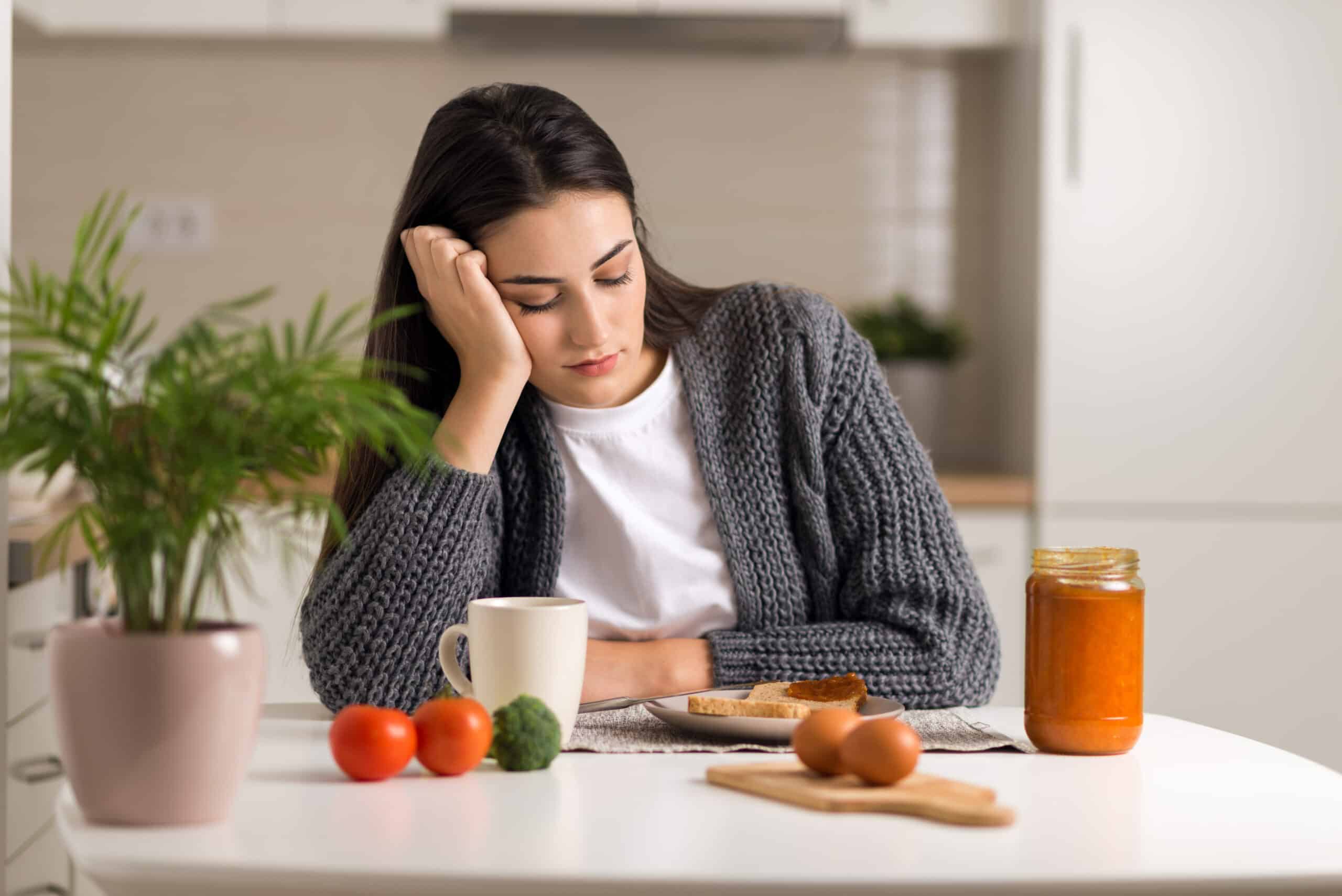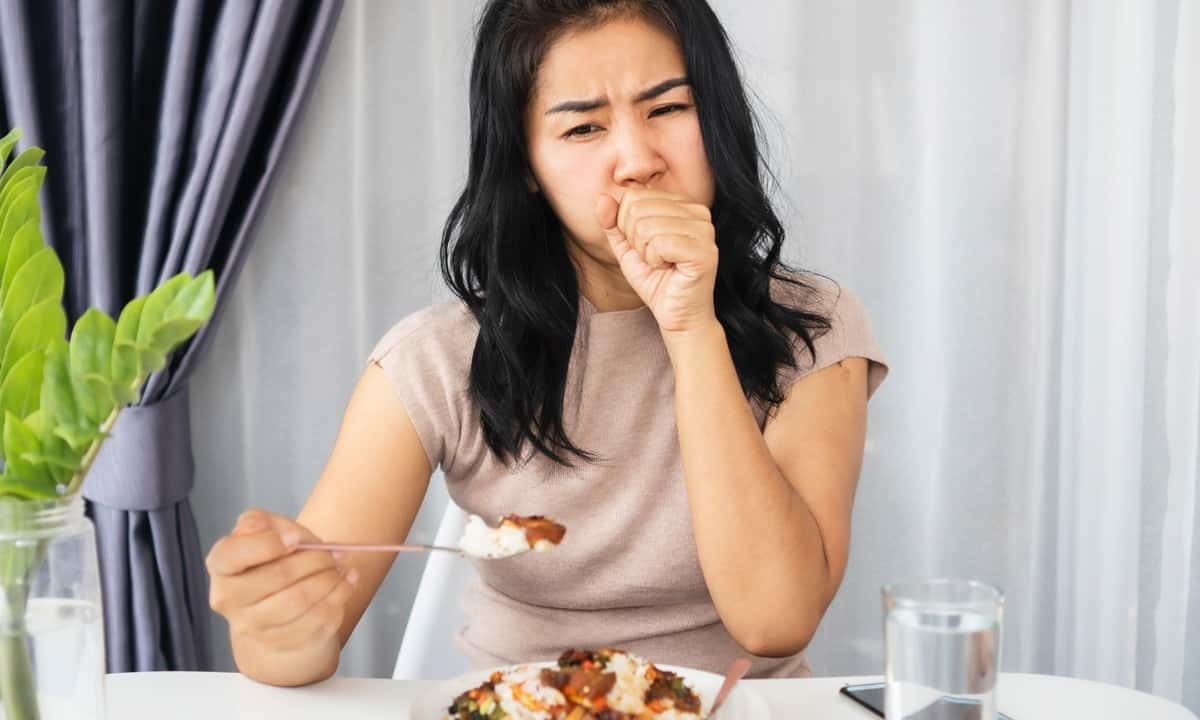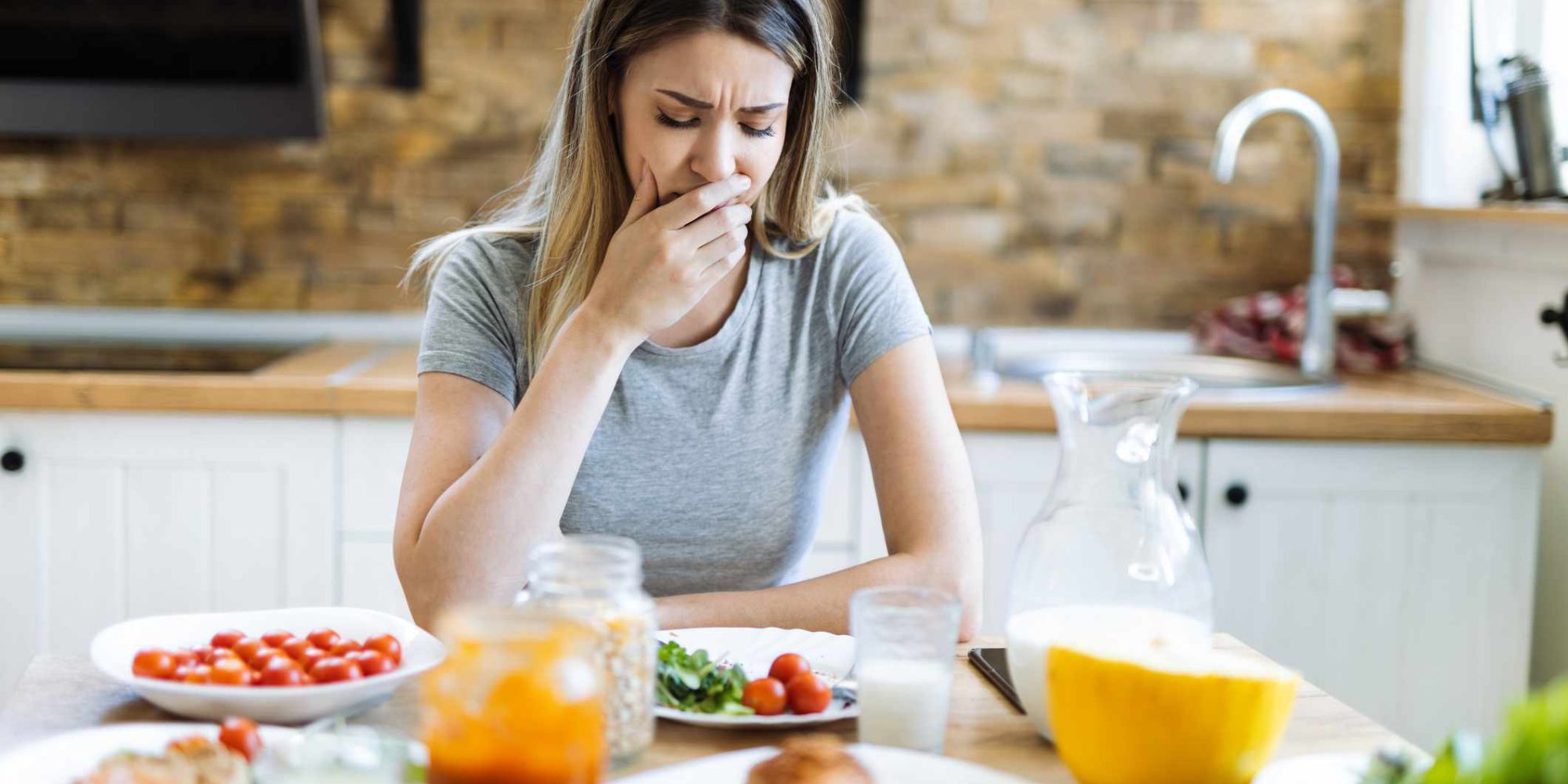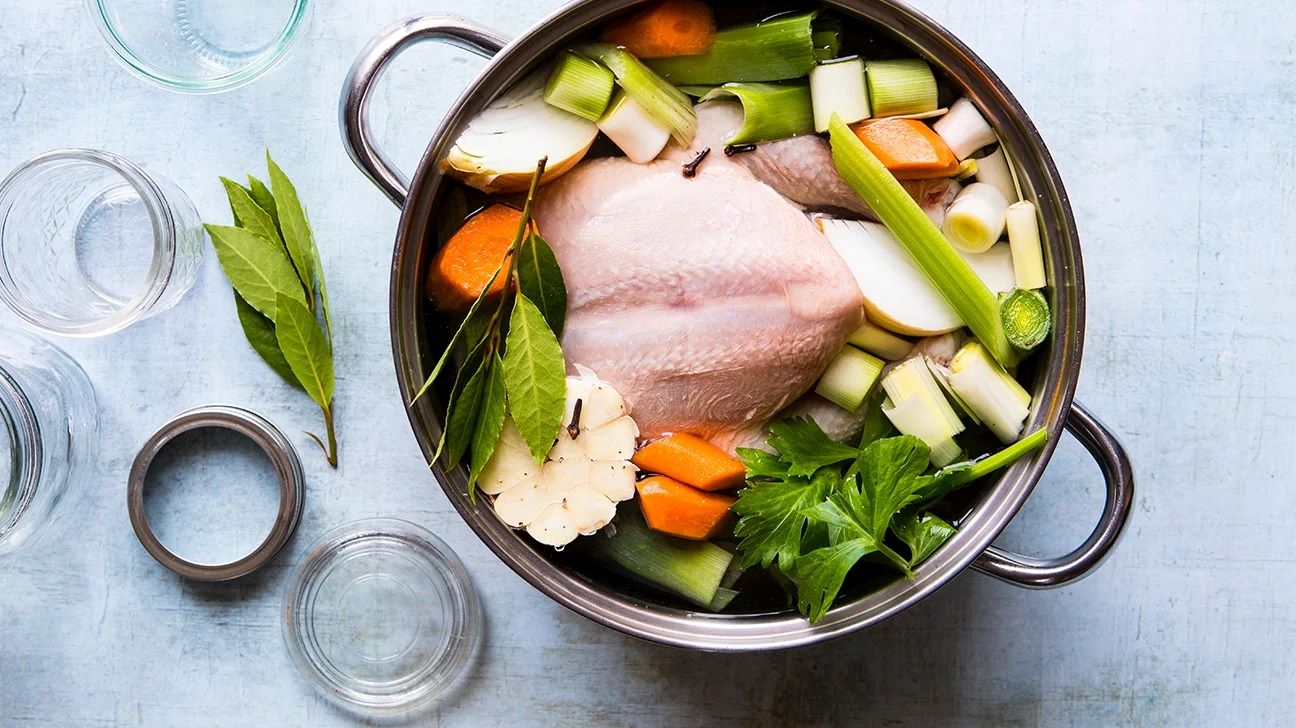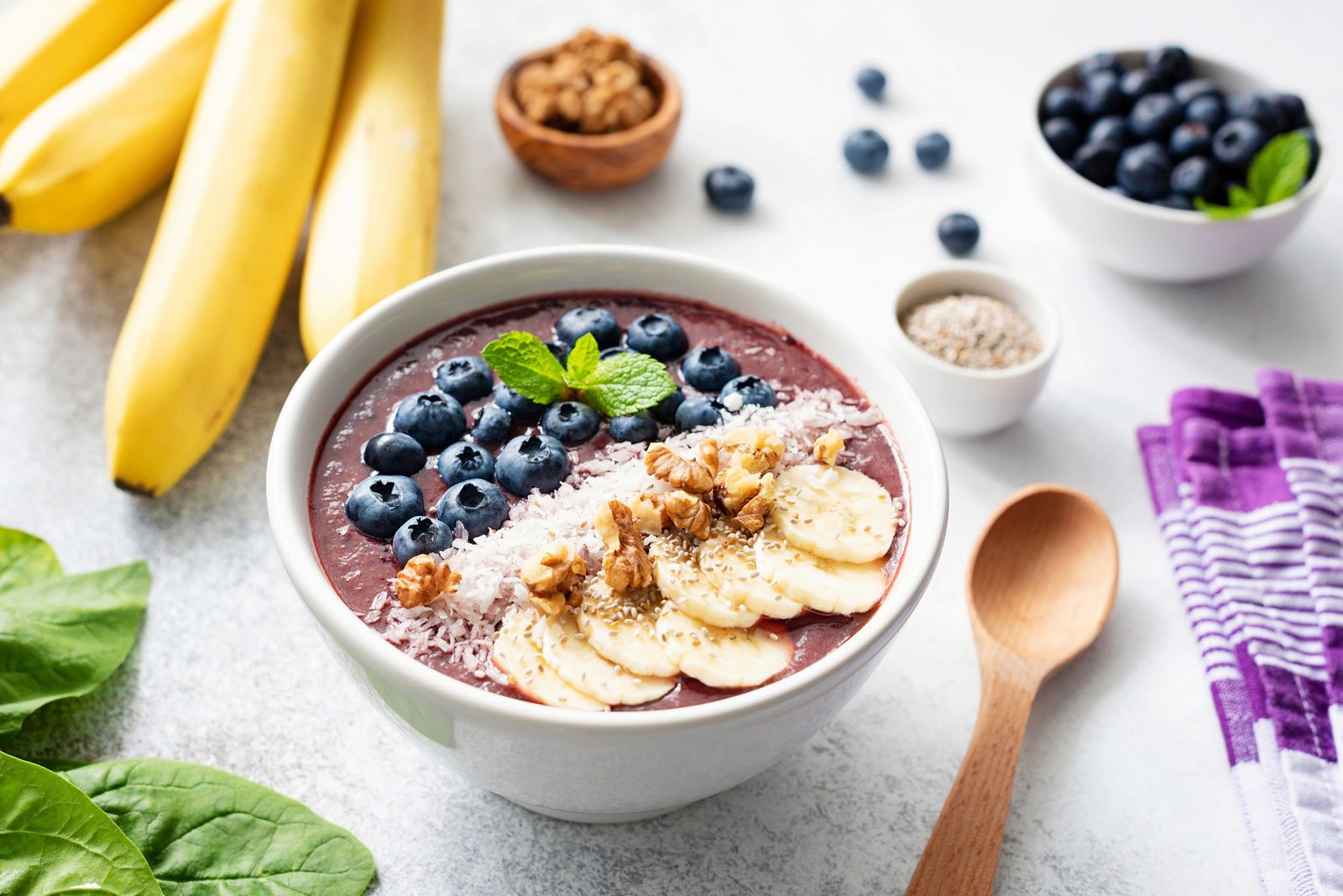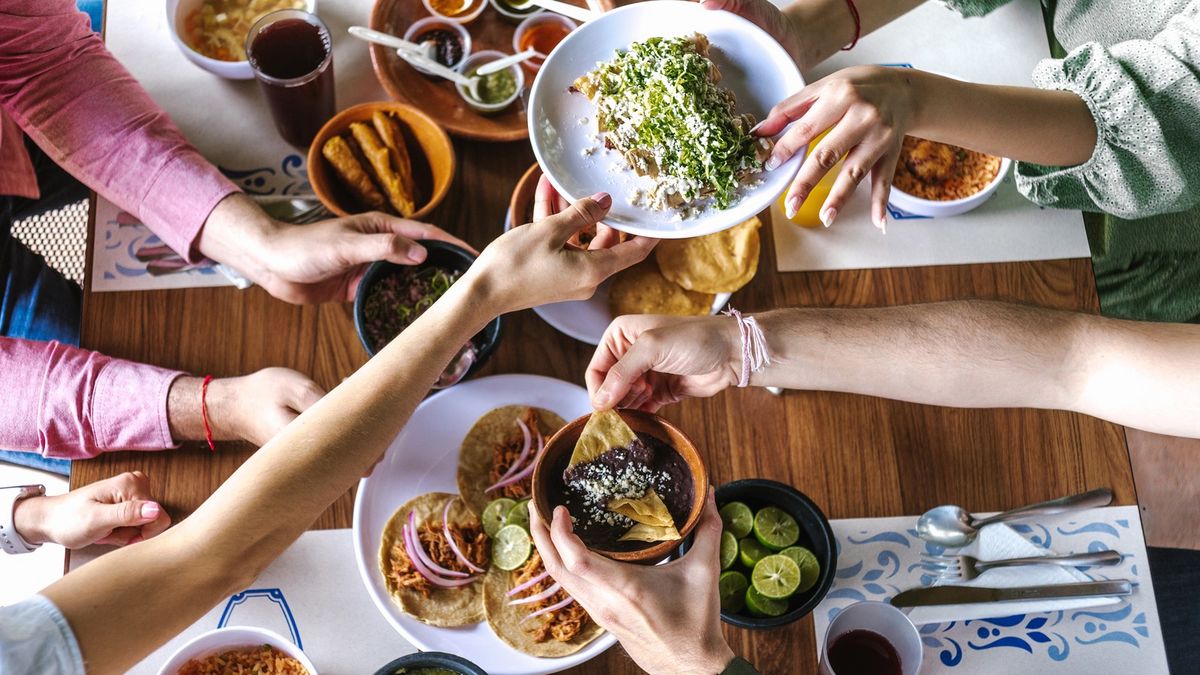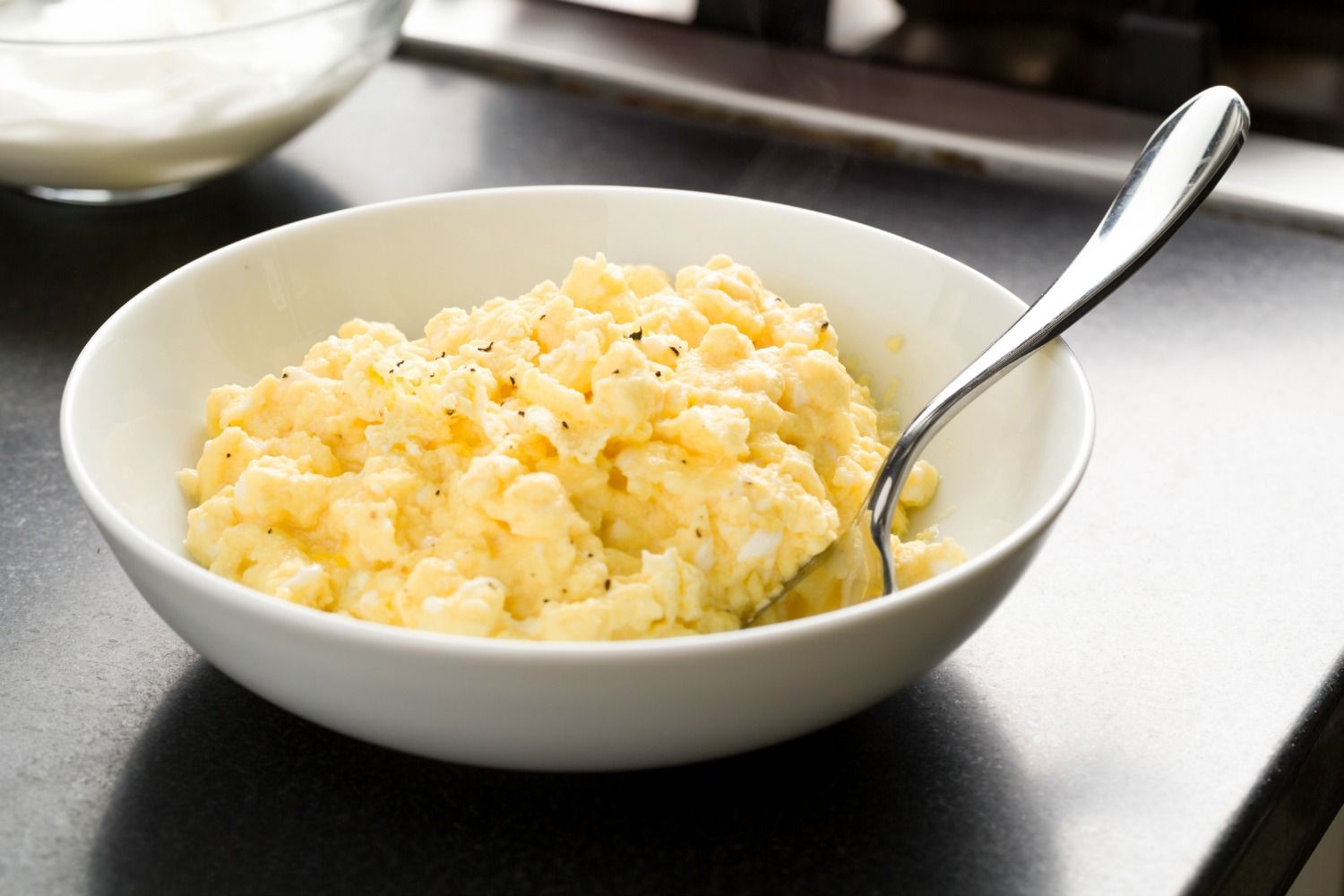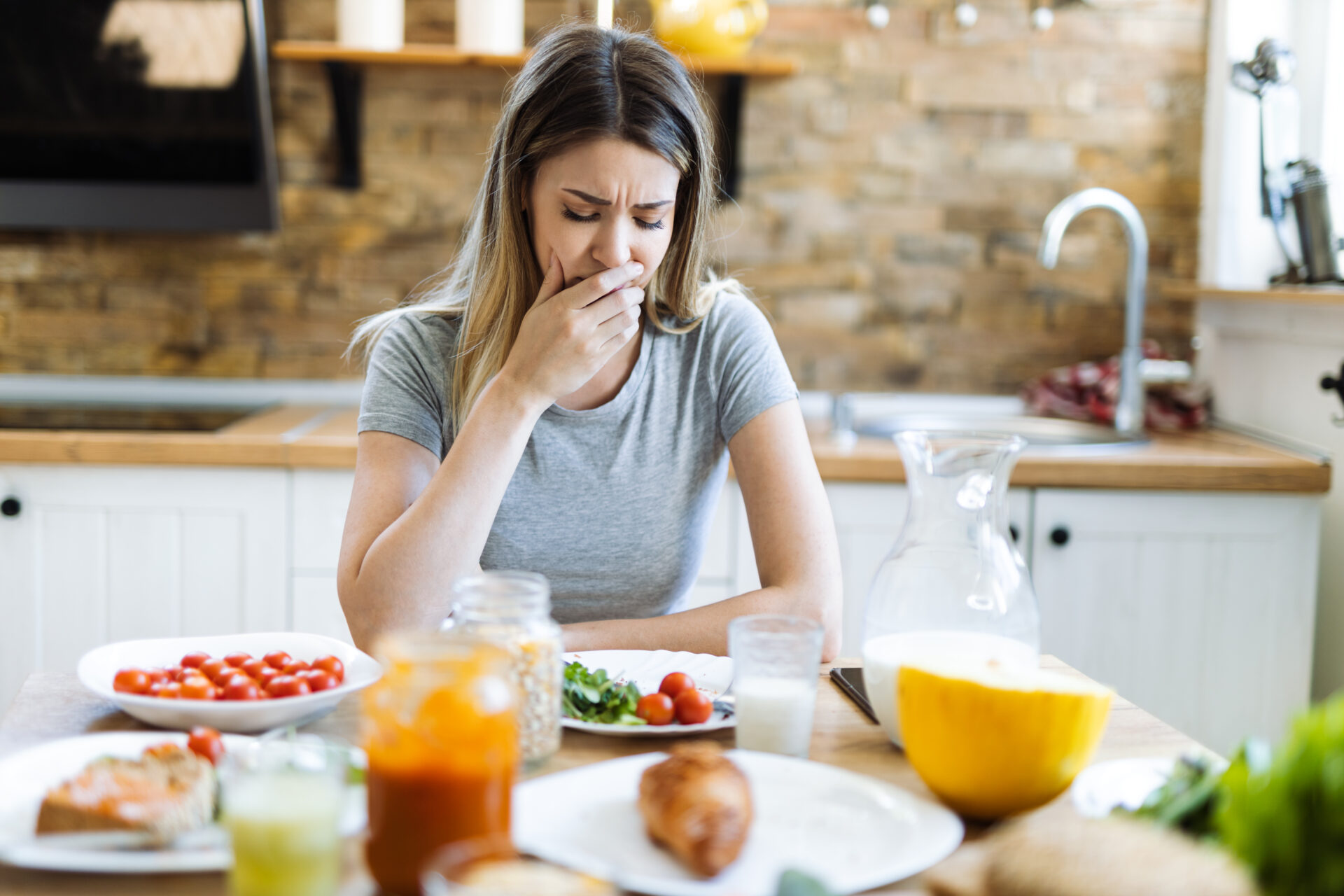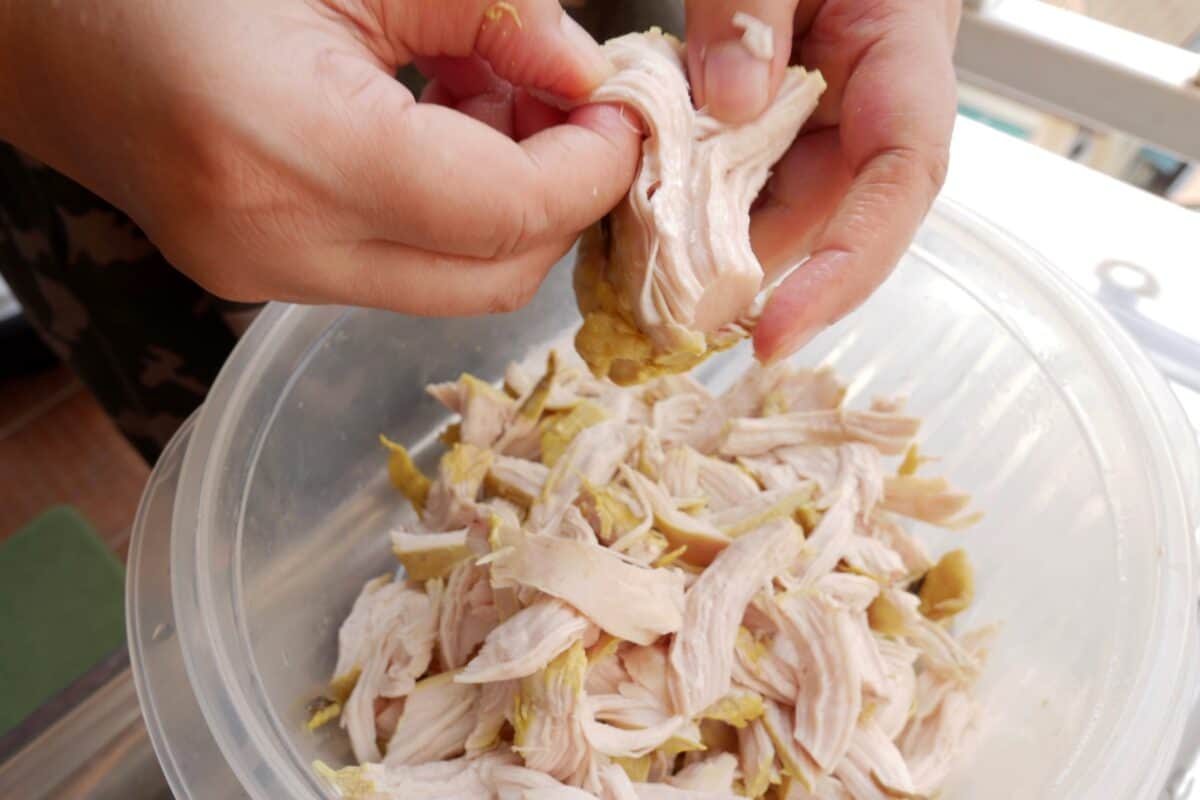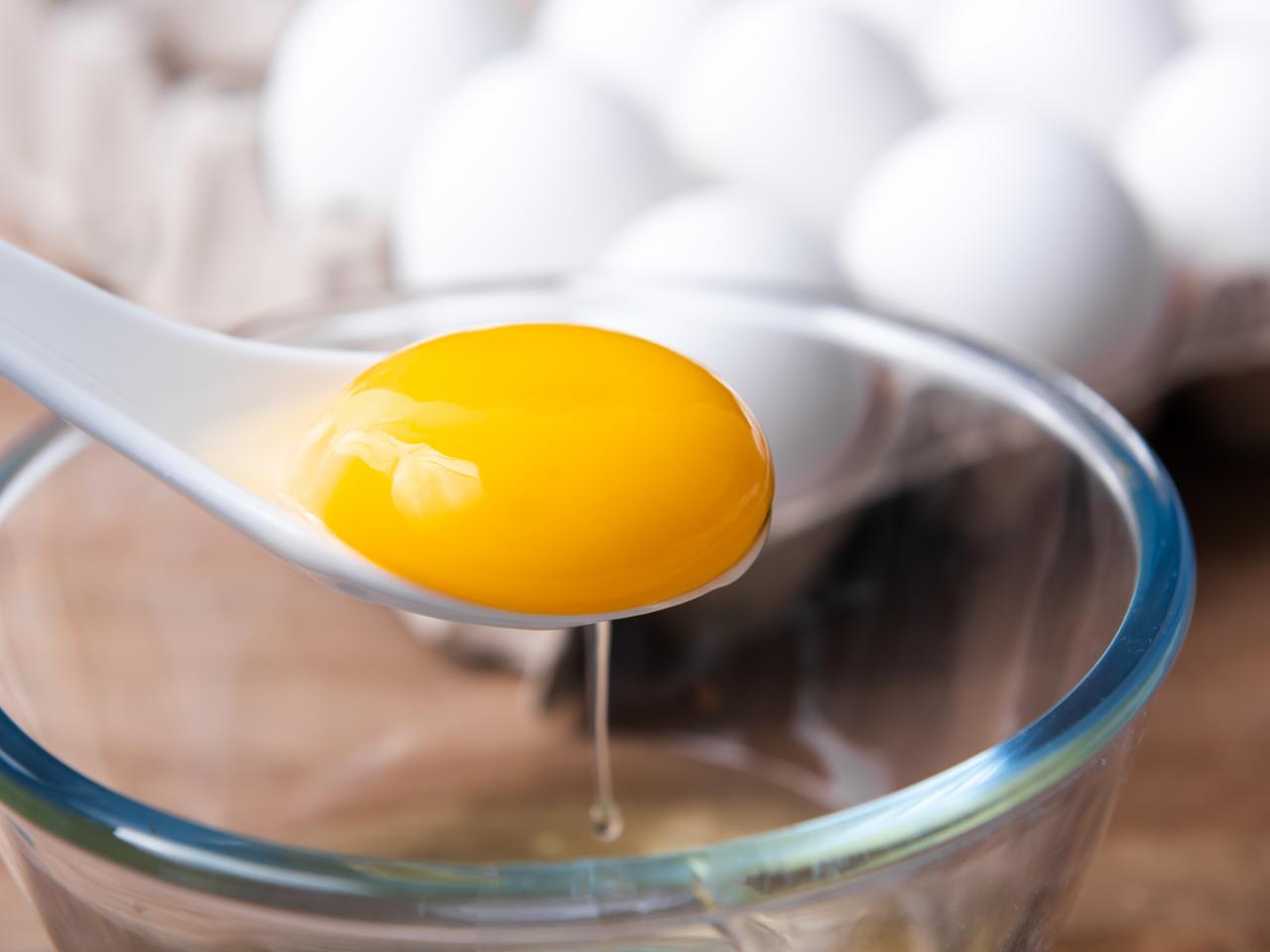How to Enjoy More Food Without Feeling Sick
Do you love food but struggle to eat more without feeling sick? You’re not alone. Many people face this challenge, whether they’re trying to gain weight, increase their food intake for athletic performance, or simply enjoy larger meals without discomfort. The good news is that there are several strategies you can use to help you eat more food without feeling sick. By making some simple adjustments to your eating habits and choices, you can indulge in larger portions without the unpleasant side effects.
Slow Down and Chew Your Food Thoroughly
One of the most effective ways to prevent feeling sick after eating a large meal is to slow down and chew your food thoroughly. When you eat too quickly, you’re more likely to swallow air, which can lead to bloating and discomfort. Additionally, taking the time to chew your food thoroughly aids in the digestion process, making it easier for your body to process larger quantities of food.
Choose Nutrient-Dense Foods
When trying to increase your food intake, it’s important to focus on nutrient-dense foods that provide a high amount of vitamins, minerals, and other essential nutrients without excessive calories. This allows you to consume larger portions without overloading your digestive system. Opt for foods like fruits, vegetables, lean proteins, and whole grains to maximize your nutrient intake without feeling weighed down.
Stay Hydrated
Drinking plenty of water throughout the day can help prepare your digestive system for larger meals. Staying hydrated supports healthy digestion and can prevent the discomfort often associated with consuming more food than usual. Aim to drink at least 8-10 glasses of water daily, and consider sipping on water during meals to aid in the digestion process.
Gradually Increase Your Portion Sizes
If you’re looking to eat more food without feeling sick, it’s essential to gradually increase your portion sizes over time. Rapidly jumping from small meals to much larger ones can overwhelm your digestive system and lead to discomfort. Instead, slowly increase your portion sizes at each meal, allowing your body to adjust to the larger quantities of food.
Take Breaks During Meals
When enjoying a larger meal, consider taking breaks to give your body time to process the food. This can help prevent feelings of fullness and discomfort that often occur when consuming a substantial amount of food in one sitting. Take a few minutes to relax and allow your body to signal its fullness before deciding whether to continue eating.
Listen to Your Body
Above all, it’s crucial to listen to your body’s cues when trying to eat more food without feeling sick. Pay attention to feelings of fullness and stop eating when you’re satisfied, even if there’s still food on your plate. Overeating can lead to discomfort and digestive issues, so it’s important to honor your body’s signals and eat mindfully.
By implementing these strategies, you can increase your food intake without feeling sick, allowing you to enjoy larger meals and support your nutritional needs without discomfort. Remember to be patient with yourself as you make adjustments to your eating habits, and always prioritize your overall well-being when striving to eat more food.
